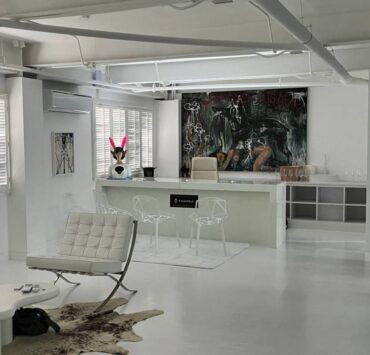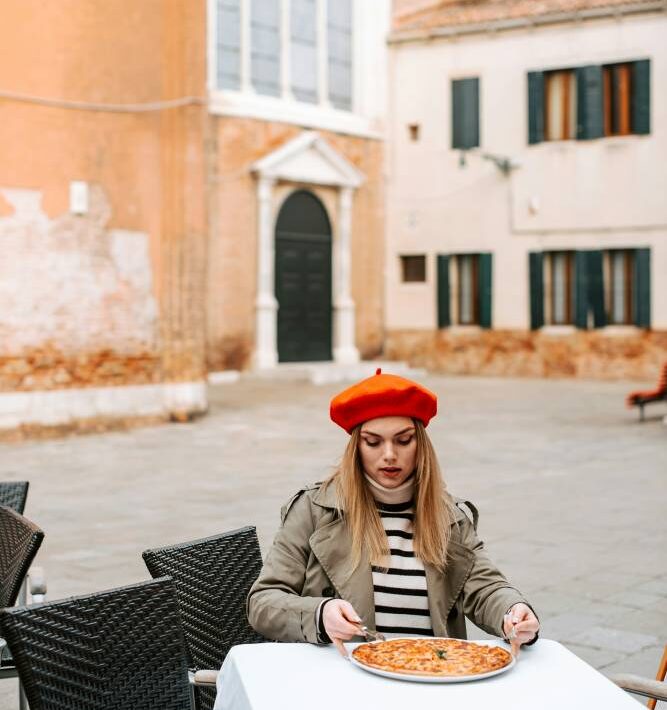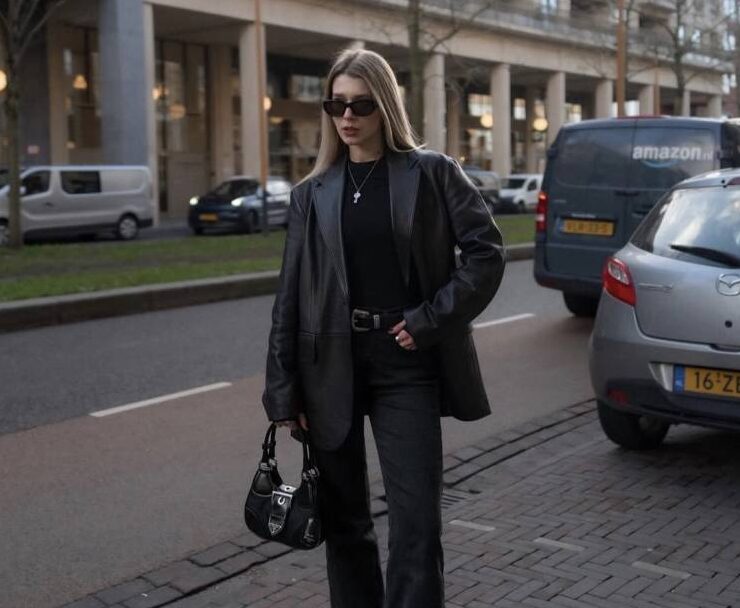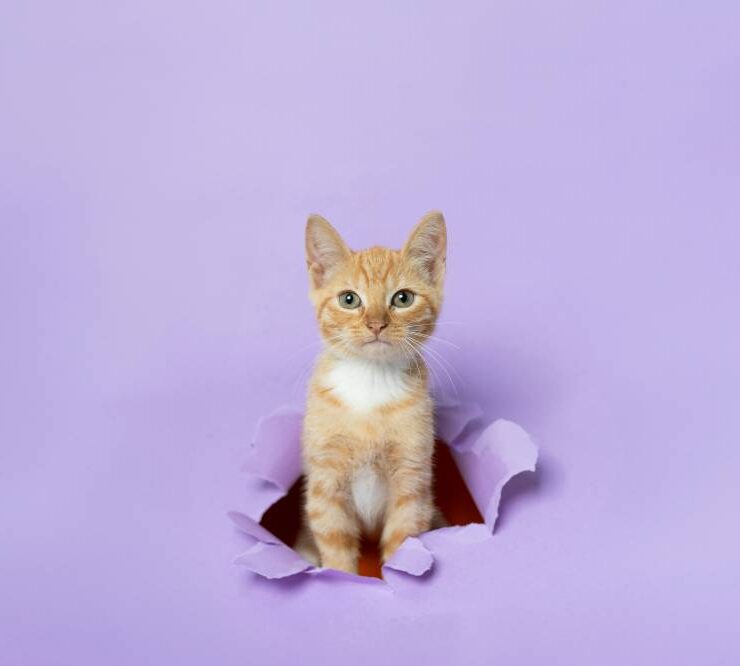They put the ‘living’ in living spaces
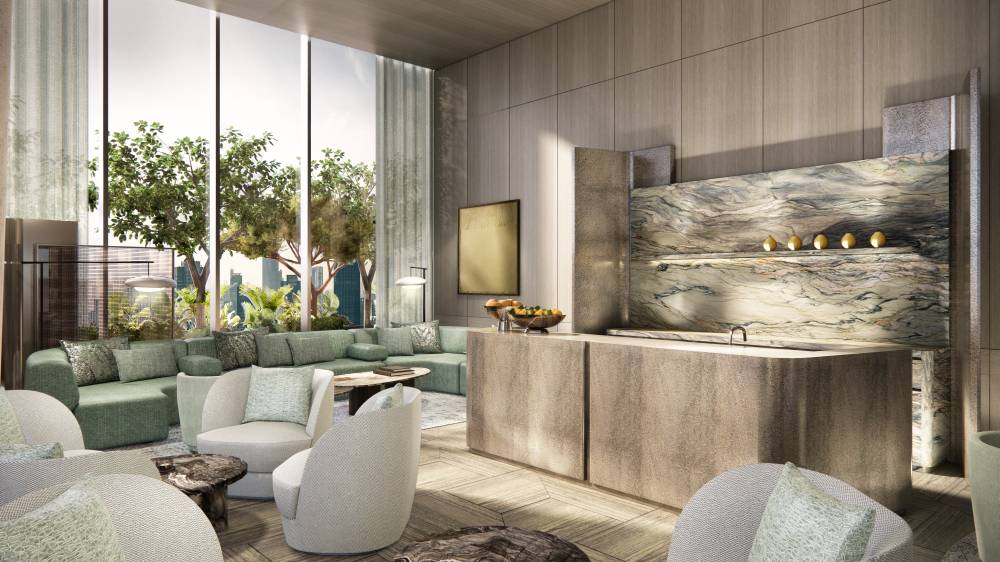
Among many things, Yabu Pushelberg designs living spaces—“living” being the operative word.
A home should complement its owners’ way of life, not force them to conform to it. And so, George Yabu and Glenn Pushelberg, cofounders of the international design studio, steer clear of existing formulas or prevailing notions of what a home should be like. Instead, they start things off by weaving a visual narrative.
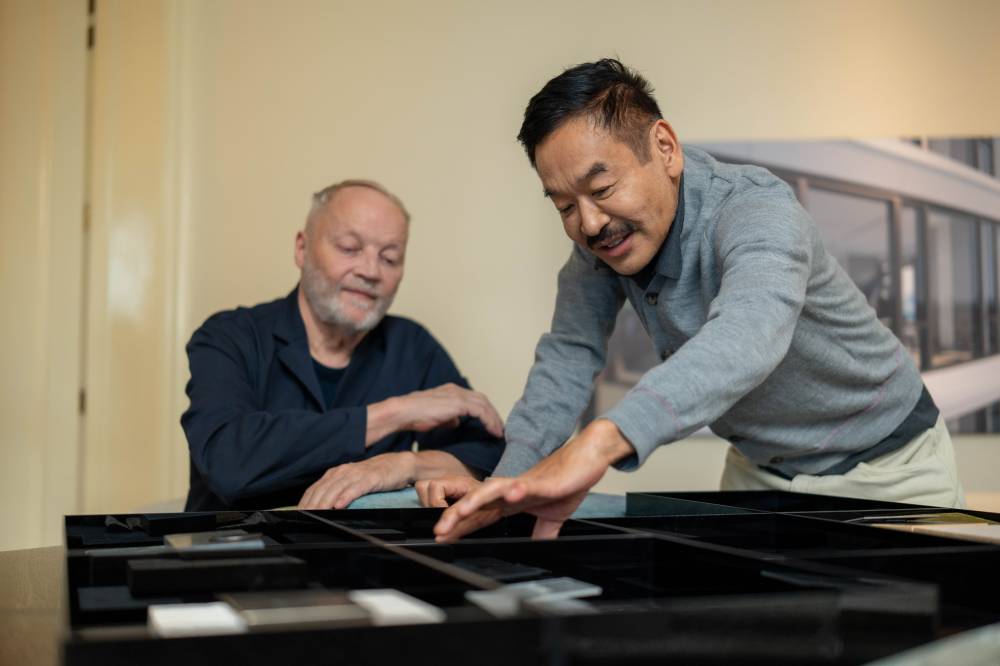
Sometimes they pull out photos of an imaginary couple, wondering about the trappings of the life they share. They envision them emerging from the elevator. They walk down the corridor that bisects their apartment and, ultimately, leads to a panoramic view of the city.
Do they need a walk-in closet? A dream home should have one, shouldn’t it? Or at least that’s what many of us are made to believe. But what if it’s just a waste of space for the couple, who’s better off having a bigger entertaining area?
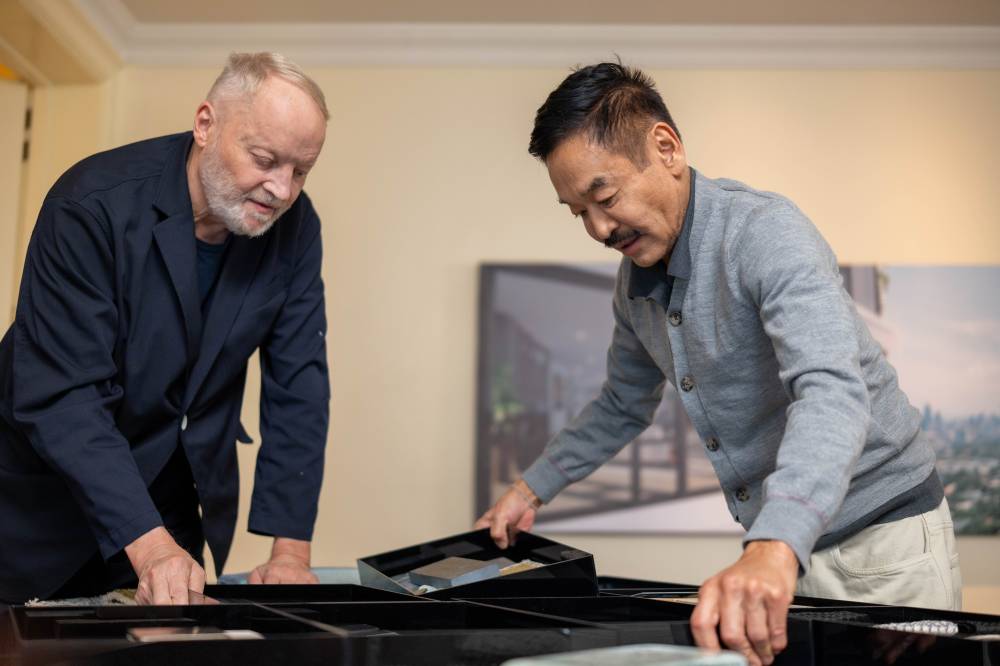
“We try to arrive at a concurrence with the client and make sure we have the right mood. We tell them, ‘Here’s how we think these people are going to live in your [residential project],’” Pushelberg said at a recent lounge discussion hosted by Ayala Land Premier.
And that image or mood, as one would expect, shifts from one place to another. In the Philippines—a market the design duo had yet to tap until the upcoming luxury residential development Park Villas (Ayala Land Inc. and Tagle Group) beckoned—they observed unique cultural nuances that informed their design philosophy.
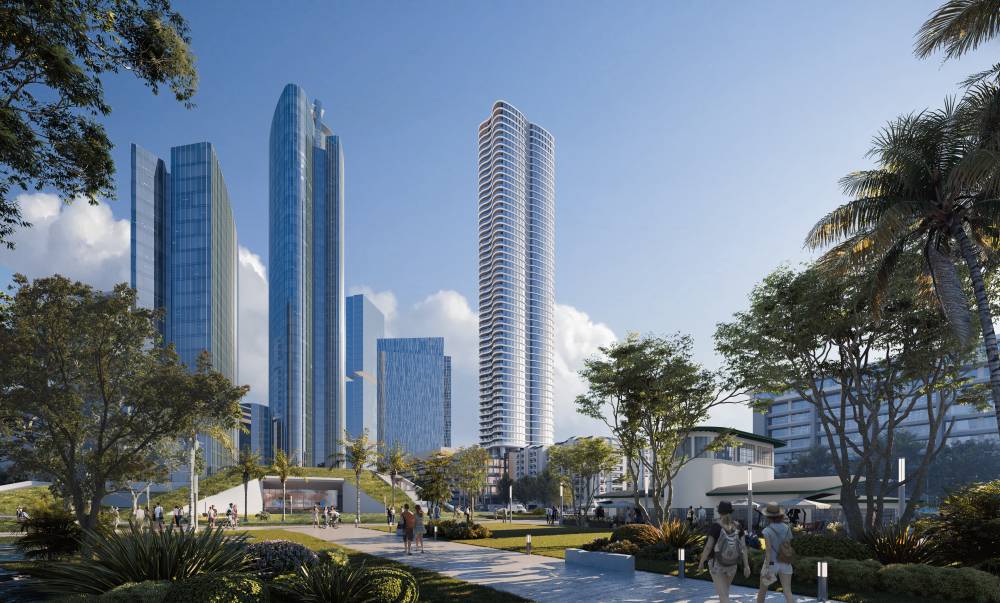
There’s a sense of “fluidity,” Yabu and Pushelberg observed, in the way Filipinos live and inhabit their spaces, which is perhaps reflected in the use of curvilinear accents in the interiors of the units, or “villas” rather. An artist’s render, for instance, shows off the gentle waves of the private dining area’s recessed ceiling.
Key questions
“Do you have extended families? Do you have private areas or entertainment areas where everyone meets? Do you have help in the house? Do you need a living room with ample space to park souvenirs? We ask all these questions because we’re also curious to learn and make sure we create things that are appropriate,” Pushelberg said.
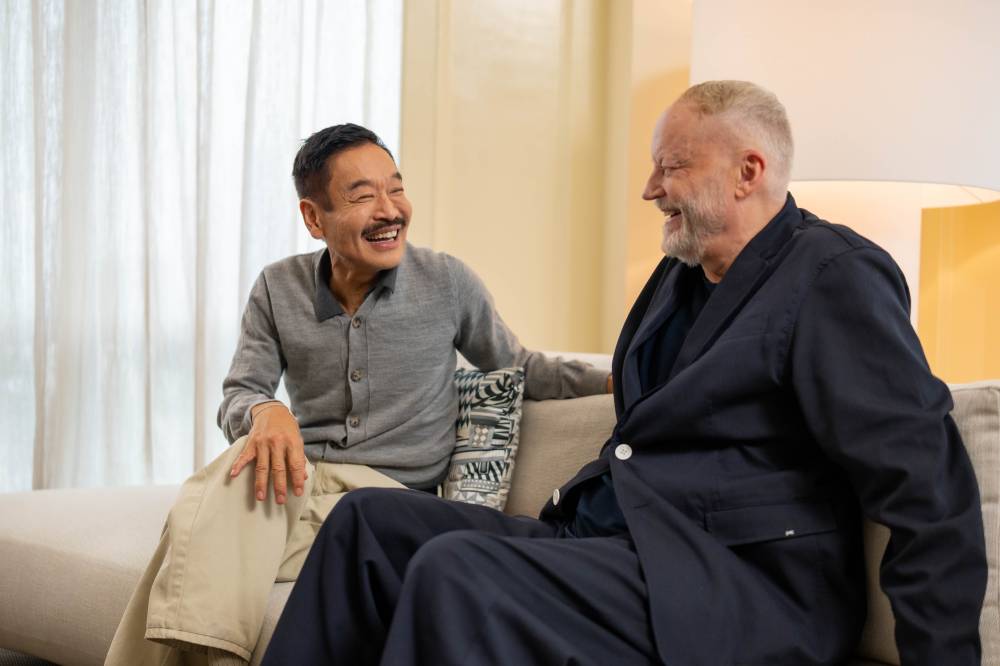
The interiors were conceptualized with “soft modernity” in mind, which many tend to conflate with being “minimal.” But for the two, the idea is more about the use of material, textures, patterns and shapes. Looking at the renders, the villas, wellness facilities and amenity spaces exude understated elegance with their stone detailing and palette of grays, browns, beiges and muted greens.
“If you look at the materials used, there are beautiful baselines and quality materials. There are hints of shades, but there are no hero colors in the scheme. Because that’s for the owners to express themselves,” Yabu said.
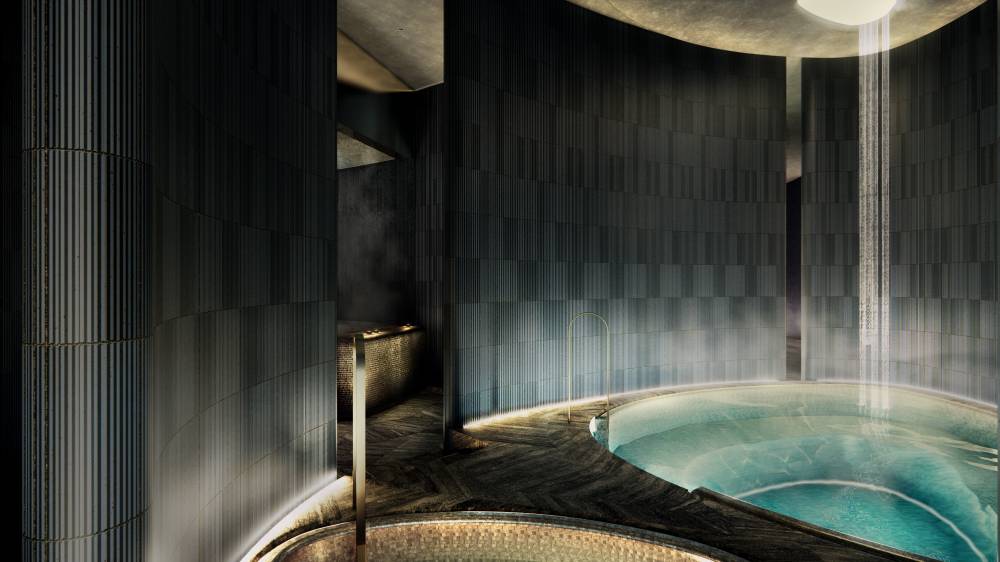
“At the end of the day, it’s your home. You will live in it, and we can’t impose our aesthetic on you. But we can help create the right frame for you,” Pushelberg added.
Vertically integrated
This level of thoughtfulness and attention to detail is only possible at the hands of designers who wield influence beyond curating furniture pieces or styling an already existing space. Yabu Pushelberg is a “vertically integrated” multidisciplinary firm, which is to say that “if we take on a project, we want to touch it from the smallest object to the environment it’s in.”
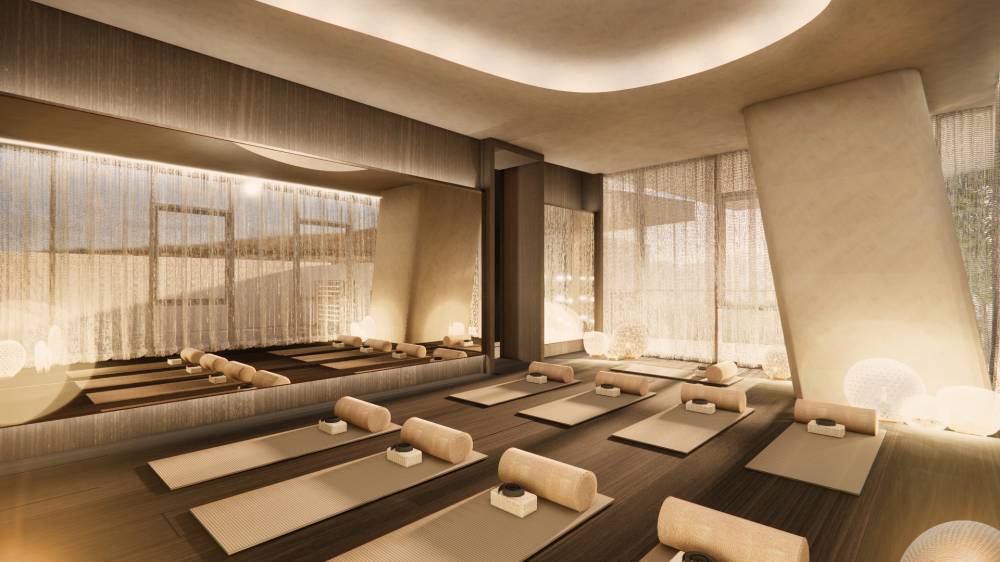
The way they approached the Park Villas was no different. Yabu Pushelberg had a hand “in designing and shaping the layout” of the 45 villas—each with four bedrooms and spanning 610 square meters—housed in a 51-story building.
“That’s important because I think there’s a misnomer about interior designers: We don’t just polish the shoe; we help create it,” Pushelberg pointed out.
If that makes them sound strict or exacting, well they kind of are, because they can’t afford to let the creative process get “polluted.” You could call them control freaks—“but in a good way,” they quickly pointed out.
And in a fun way, too.
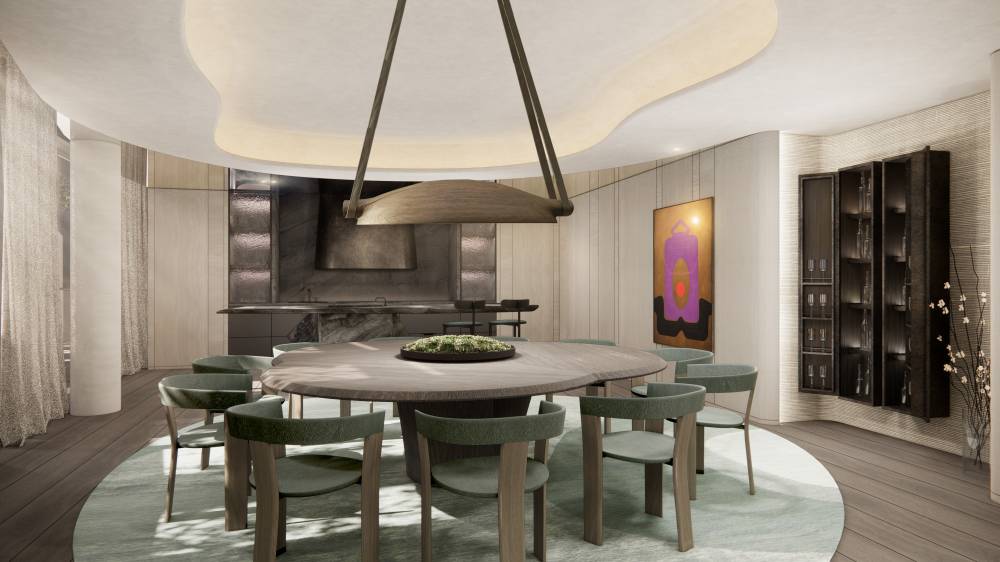
The Canadian creatives first met in design school, at Ryerson University (now called the Toronto Metropolitan University), in the 1970s. They lost touch after graduation. But in 1980, their respective search for a studio had them fortuitously crossing paths anew. At first, they shared space, but eventually they shared work and life.
And the couple’s decades worth of chemistry was palpable throughout the discussion. They finished each other’s sentences. Pushelberg, at least at this event, did most of the talking. Yabu, on the other hand, did the gesticulating, fixing his partner’s microphone; waving his hands in excitement as he talked about the Park Villas’ “grotto in the air”; and propping his legs up and lying down on the Naviglio chaise lounge that they themselves designed.
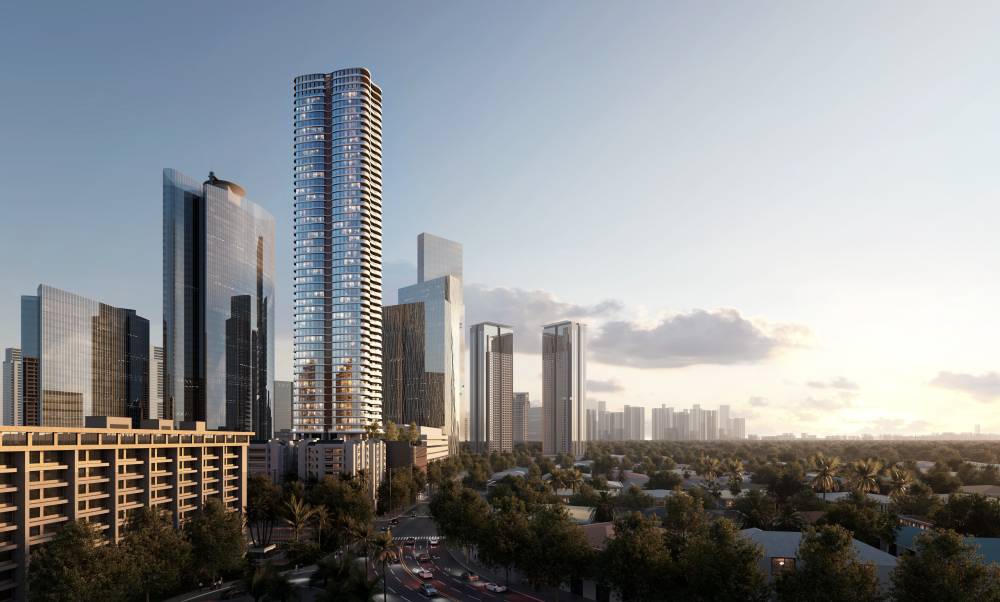
Now, more than 40 years in, they brandish an acclaimed and sought-after name in the fields of retail, hospitality, and high-end residential design. Their portfolio includes iconic works for brands like Aman, Four Seasons, Park Hyatt, and Ritz-Carlton. They have also expanded their studio’s scope to include furniture, lighting fixtures, decorative art, textiles, and various other interior accessories.
Yabu and Pushelberg, whose 1998 victory at the James Beard Awards raised their profile in the industry, are no strangers, of course, to drawing up luxurious spaces for the moneyed to stay and play at. And there’s no doubt the discerning eyes and tastes of Park Villas’ future clientele would expect nothing less for a prime piece of property at a coveted address on Makati Avenue, right at the heart of the Makati Central Business District.
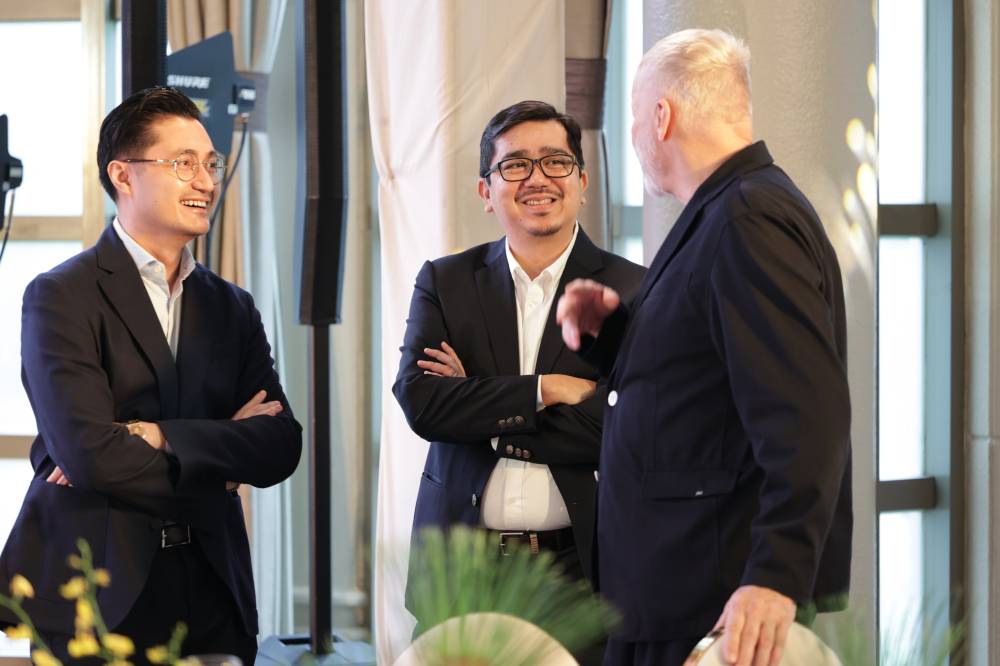
Connectivity
While “connectivity to the international world” is a priority, Yabu and Pushelberg believe there’s also a “local aspect” to luxury. No matter how elevated a project is, there has to be something that grounds it and connects it to the people.
As such, when Park Villas nears its completion, the two plan to travel around the Philippines to look for local arts and crafts that will “add layers” to the project. “Stone carvings, crafts, modern shapes using old techniques—we’re both always curious about that,” Pushelberg said.
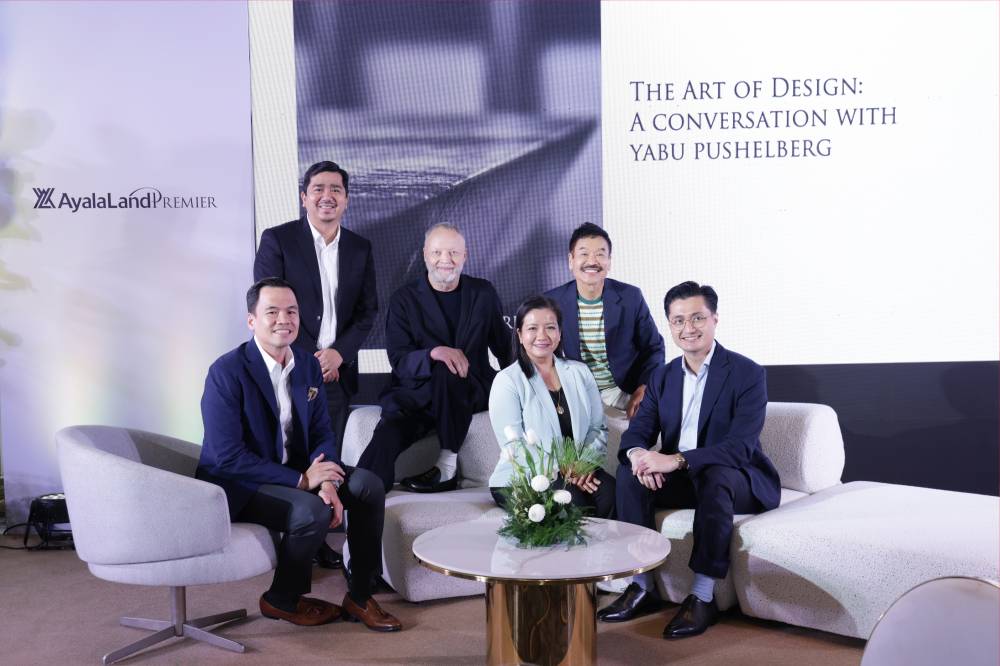
There’s also this misconception that the well-heeled lead very formal and structured lifestyles and therefore require a stately home. But that’s often not the case.
“Some think people of means live in such a proper way—but they also have to get up in the morning and put their socks on!” Pushelberg quipped.
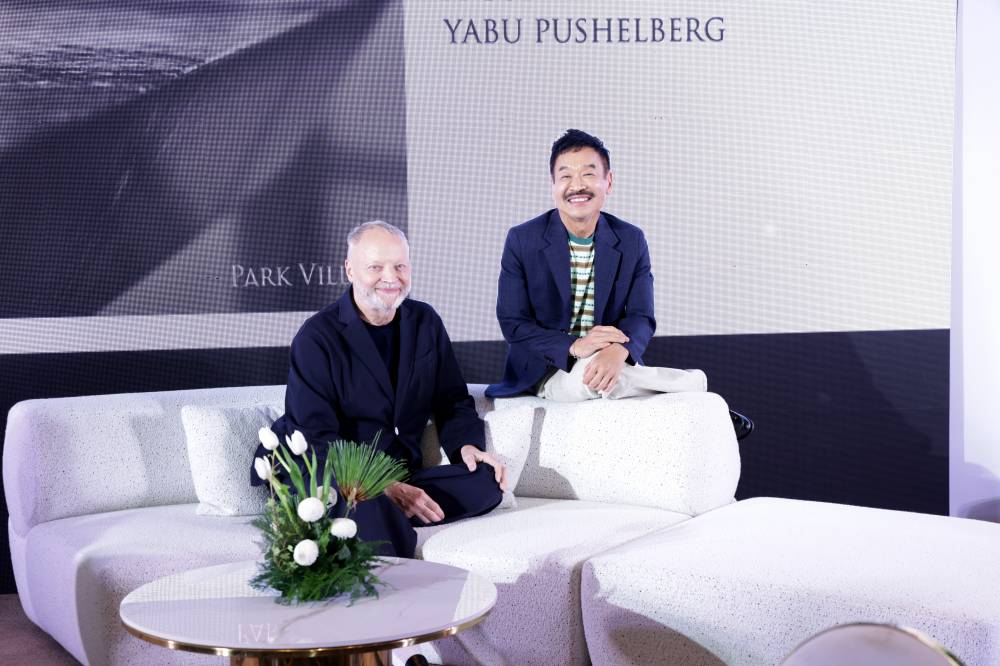
They’re not going to give potential buyers something that resembles a hotel. Yabu’s and Pushelberg’s definition of “luxury” isn’t hinged on grandiosity or needless frippery. It’s all about choice, they said.
They don’t seek to gild the lily. And they’re not afraid to edit, if that means creating something meaningful and functional.
“Luxury is about choice. It’s about wanting to be around people, having them around in an expansive space with the amazing view you have. It’s the intimacy of being in a beautiful spa. It’s about the environment and the manifestation of your emotions,” Pushelberg said.















